Efforts should ultimately help contain, control, treat and defeat the disease
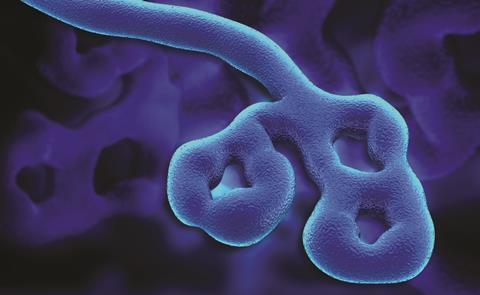
West Africa is currently facing the largest and most complex Ebola epidemic on record. Guinea, Liberia and Sierra Leone are the most affected countries. The EU has mobilised political, financial and scientific resources to help contain, control, treat and ultimately defeat Ebola.
The EU’s total financial contribution to fight the epidemic is more than €1bn, including funding from member states and the European Commission. The Commission has given more than €434m to fight the disease - covering emergency measures and longer-term support.
These funds contribute to epidemic surveillance, diagnostics, treatment and medical supplies; they enable deployment of doctors and nurses and training of health workers; they raise awareness of the disease among the population and promote safe burials; they support the preparedness of other countries in the region and they aim to help stabilise the affected countries and assist them in their recovery.
West Africa is among the world’s least developed regions; Ebola is affecting countries that are already fragile and for which the broader effect of the epidemic is potentially disastrous. Consequences could be:
- a breakdown of economic activities, such as in agriculture or trade, risks of harming food security and driving up prices;
- children missing out on education because of school closures;
- a breakdown of health systems; and
- destabilisation of countries’ political systems.
The Commission is therefore providing some €210m of support in development co-operation to those countries that are affected by Ebola. Most of this money is providedover a period of months, in late 2014 and early 2015, to stabilise the countries and assist them in recovering from the crisis and beyond.
In addition, the EU was already helping to strengthen health systems in the affected countries before the outbreak, as part of its long term support, and is now redirecting existing programmes towards the Ebola efforts and crisis context.
Some €122m are being given to the governments of Guinea, Liberia and Sierra Leone in the form of budget support. This will help them deliver urgently needed public services - in particular health care – and also cushion the economic effect of the epidemic. The timing of payments is spread over late 2014 and early 2015 to give governments resources on a predictable schedule in the acute emergency phase and beyond.
Twenty-eight million euros will be invested in the affected countries to strengthen healthcare, food security, water and sanitation and the resilience of vulnerable households. The idea is to facilitate a smooth transition from the humanitarian phase to recovery through what is known as a “Linking Relief, Rehabilitation and Development” approach.
In Guinea, health is one of the focal sectors for EU development co-operation that is provided through the 10th European Development Fund. A large-scale project was launched at the end of last year to support the health sector in Guinea, which is now also used to address the Ebola crisis.
Amounting to €29.5m, it includes a €9.5m contribution from the Agence Française pour le Développement. The project aims to build the capacities of the Ministry of Health, improve access to quality basic health services in Forestry Guinea. Health facilities are supported, among other activities, through the training of health workers as well as the rehabilitation of facilities and equipment.
The EU is helping neighbouring countries that are at risk of an Ebola outbreak to prepare, so they can react swiftly if the virus spreads.
Making sure that countries are prepared for a possible outbreak is essential for stopping the spread. The EU is working to strengthen preparedness against the epidemic in dialogue with partners in West Africa, and in close co-ordination with the World Health Organisation (WHO) and other international donors. This includes identifying financing gaps and exploring if and how upcoming EU funding can be channelled towards supporting preparedness plans. The EU has supported national plans in six countries with a total of €11m so far; it has, for example:
- helped to refurbish and equip an Ebola treatment unit at the central hospital in Ivory Coast;
- helped to provide a water and sanitation programme with hygiene messages on Ebola prevention in Guinea Bissau;
- set up a facility in Burkina Faso to support the national preparedness plan; and
- decided to provide funding for a preparedness plan for Mali.
Through the crisis response component of the Instrument contributing to Stability and Peace the EU is providing €12m to support high-risk neighbouring countries for early detection of Ebola, timely response and public awareness measures. A further €4.5m will help support measures to prevent violence and reduce and mitigate tensions that may arise from the outbreak in border areas of the affected countries.
Ongoing work of the EU to ensure crisis preparedness is paying off with the European Mobile Laboratories, which have been rapidly deployed in affected countries.
Financed with €7.6m, three European Mobile Laboratories (EMlabs) are deployed in the affected region for the detection of the virus and training of health workers: in Guinea (since March 2014), Nigeria (since August 2014) and Liberia (since September 2014).
The three labs are part of a project that predates the outbreak and has established a collaborative network of EU and African institutions that can to operate in common mobile laboratory units during outbreaks of health-threatening pathogens. Financing comes from the Instrument contributing to Stability and Peace.
The Guinea unit was among the first laboratories to reach the Ebola outbreak region. Ten teams staffed with three to five EU specialists have been deployed so far (teams are changed every three weeks maximum). The unit has provided diagnosis for more than 3,000 samples, identifying more than 1,000 positive cases. Up to 70 samples are being been processed each day, seven days a week. Diagnosis is provided within four hours.
The Liberiaunit has helped to clean the region where it is located from Ebola and will soon be moved to a county where the epidemic is still acute.
The mobilelab in Nigeria, based in Port Harcourt is used for diagnosis of suspected cases: the laboratory has tested about 150 people who were in contact with infected persons (tracing). Additional Nigerian staff is being trained. It will be redeployed in mid-December to Sierra Leone to assist a new Médecins Sans Frontières treatment centre.
A new (fourth) mobile laboratory, EUWAM-Lab, (EU West African Mobile Laboratory), more robust and self-sustaining than the three EMlab units, is being acquired. The training of the staff has started and the lab should be operational in early 2015. The WHO will decide on the location of its deployment.
The EU has a longstanding and close partnership with the African Union and supports its recently established Ebola mission of health experts.
The mission “Support to Ebola Outbreak in West-Africa” has been deployed since mid-September in Liberia, as of 2 October to Sierra Leone and a third team deployed on 9 November to Guinea. Five million euros of EU support contributes to paying civil, military and medical staff. This has allowed to cover the costs of the first 90 medical professionals and support staff, and to subsequently increase the total number of staff to about 150 people.





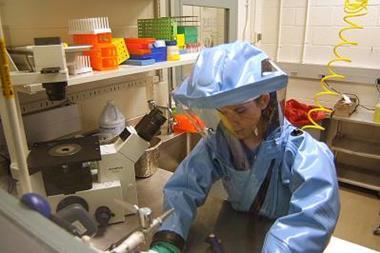
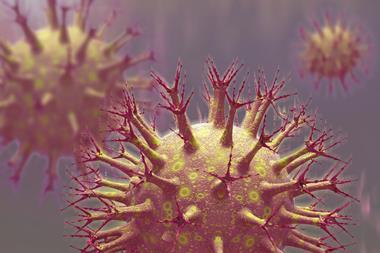

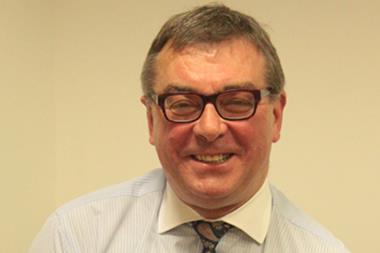
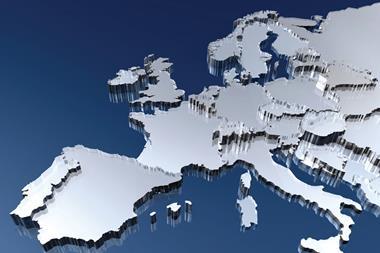
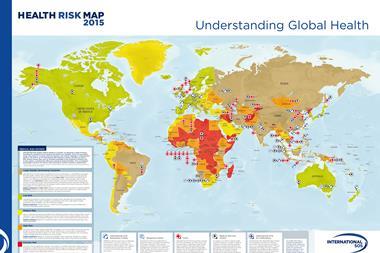









No comments yet